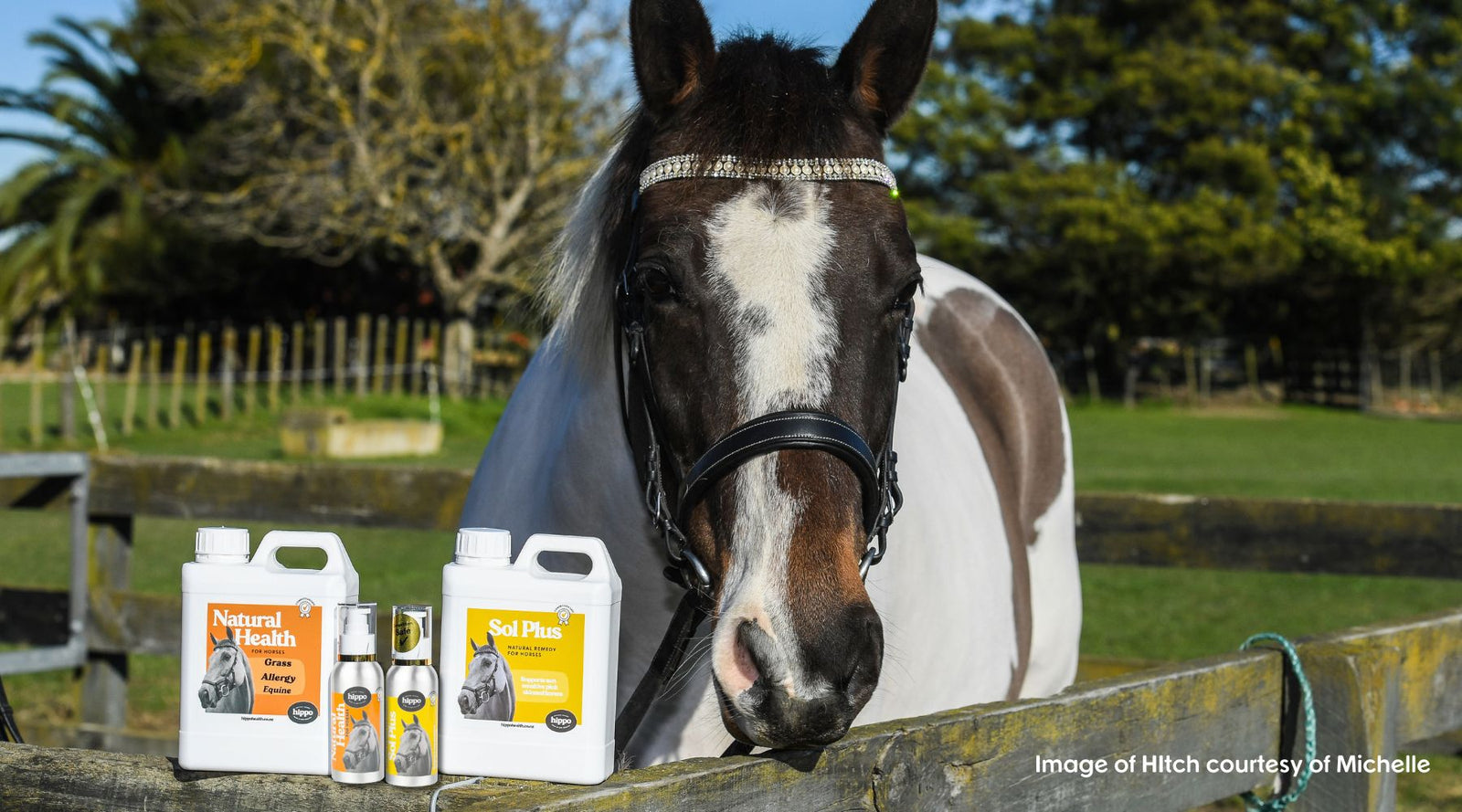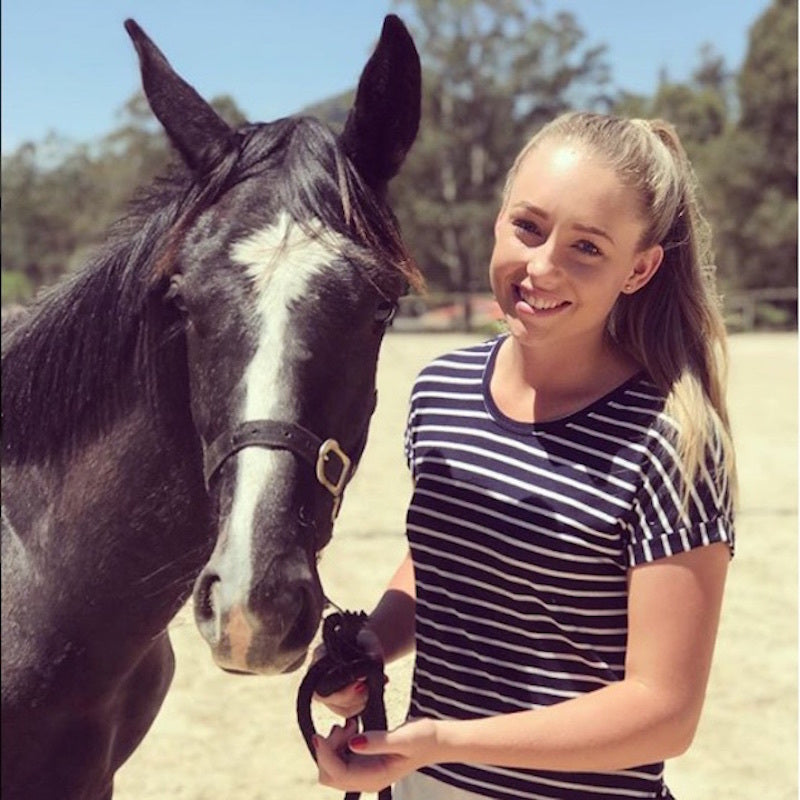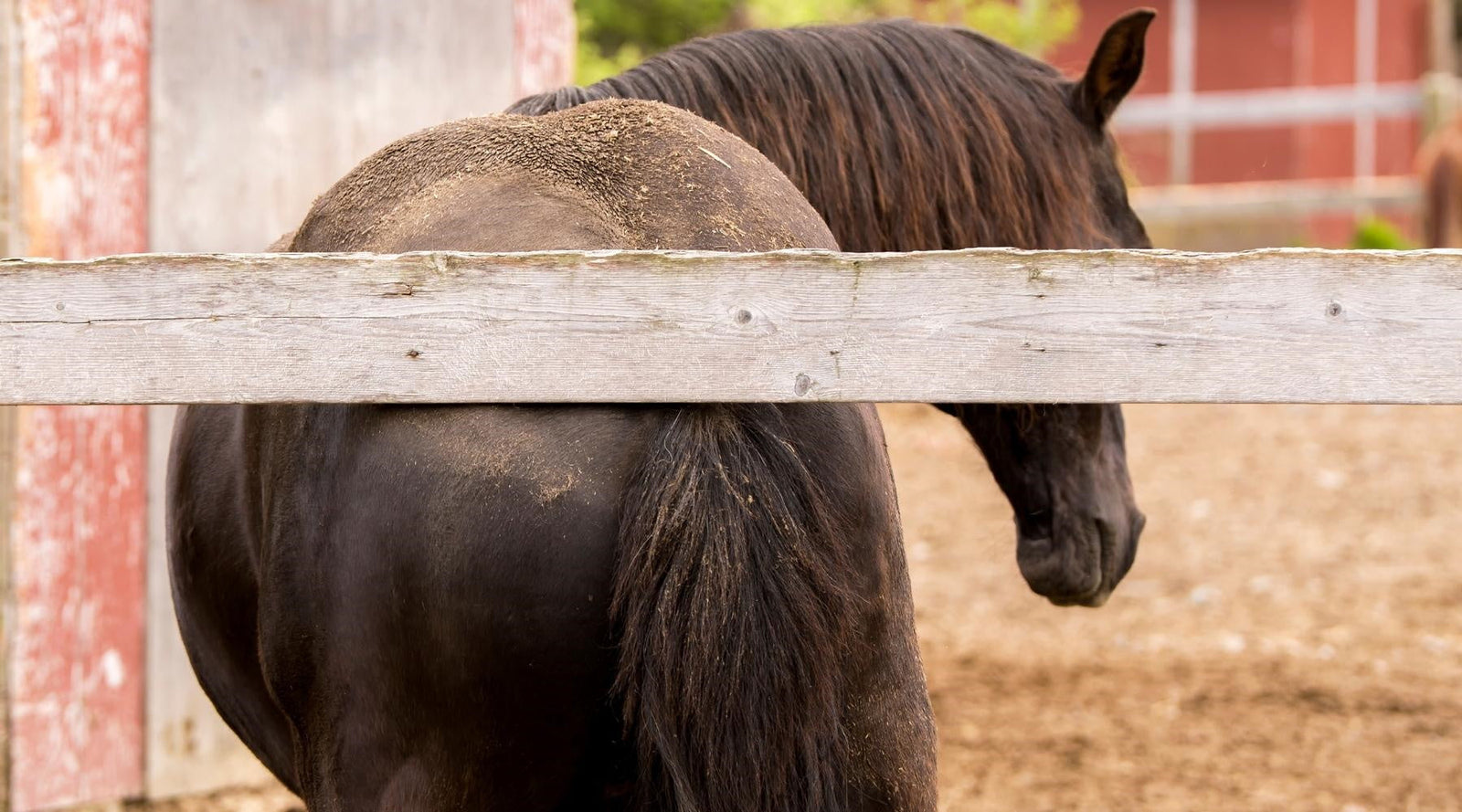Horse & Rider
Pump Bottle vs Jerry Can – Which Is Better?
by Fiona Lane August 21, 2023

We often get asked why we sell our remedies in both pump bottles and jerry cans, why there is a price difference between the two and which format is the best. If that’s something you’ve been wondering, then read on!
Pump Bottles: Individualised, Higher Potency Dosing
Our pump bottle formats are designed to deliver a concentrated, potent single dose of remedy for a single horse. Remedy is pumped directly into the horse’s mouth where it is absorbed through the mucous membranes – the tongue, gums and lips. This format is designed for those times when a horse needs immediate support or when dosing needs to be targeted to a specific animal rather than a whole herd. Our pump bottles are also handy for remedies that are dosed infrequently so aren’t needed in large quantities – such as our Colic Aid or LamATK remedies - or when you need to take remedies with you on the road (take a look at our Shows & Performance range).
Our pump bottles are more expensive by volume because you’re buying a smaller volume that packs a stronger punch.
Jerry Cans: Easy & Economical Dosing
Buying remedies in jerry cans is ideal for situations where you need continual coverage for one or more horses over a long period of time – such as with our Ticks Plus or Sol Plus remedies - or where you need one dose to last for a couple of days between visits. When remedies are added to the trough the active ingredients disperse through the water via the hydrogen molecules spreading the remedy across as much as a cubic metre of water.
Every time your horse drinks from the trough the active ingredients will be absorbed through their tongue, gums or lips. Our remedies stay active for up to three days, which makes this an easy and effective way of dosing, particularly if you're unable to visit every day. And because the dosing regime is per trough rather than per animal, jerry can remedies are also an economical way to dose a whole herd.
Our jerry can remedies are also the best format for those that want to dose their horse's feed rather than their water trough.
So which is better?
It’s not about which one is better, it’s about choosing the format that works best for your horse and your approach to their care. Pump bottles offer a concentrated, single-dose approach whereas remedies in jerry cans are better for continual dosing and economical coverage for more than one horse.
Can I use my Jerry Can to Refill my Pump Bottle?
We know it’s tempting – and more cost effective – to do this BUT you will find the remedy doesn’t work as well or that you don’t get the results you need. Our jerry can remedies are designed around frequent drinks from a treated trough or from mouthfuls of dosed feed, so the jerry can contents are not as concentrated as the remedy in our pump bottles which deliver a single potent dose.
Where can I get more information about oral dosing?
We’ve written a whole blog post about how to manage oral dosing for horses with answers to questions like ‘what if my horse doesn’t drink a lot of water from the trough?’ and ‘what if I need to use more than one remedy?’.
General Disclaimer: Always follow dosing instructions. Our remedies are formulated to support the natural immune system of horses, pets, livestock, and people. We do not claim to treat, medicate, or cure any health conditions. If you are worried an animal may be in pain or suffering, please contact your veterinarian.




